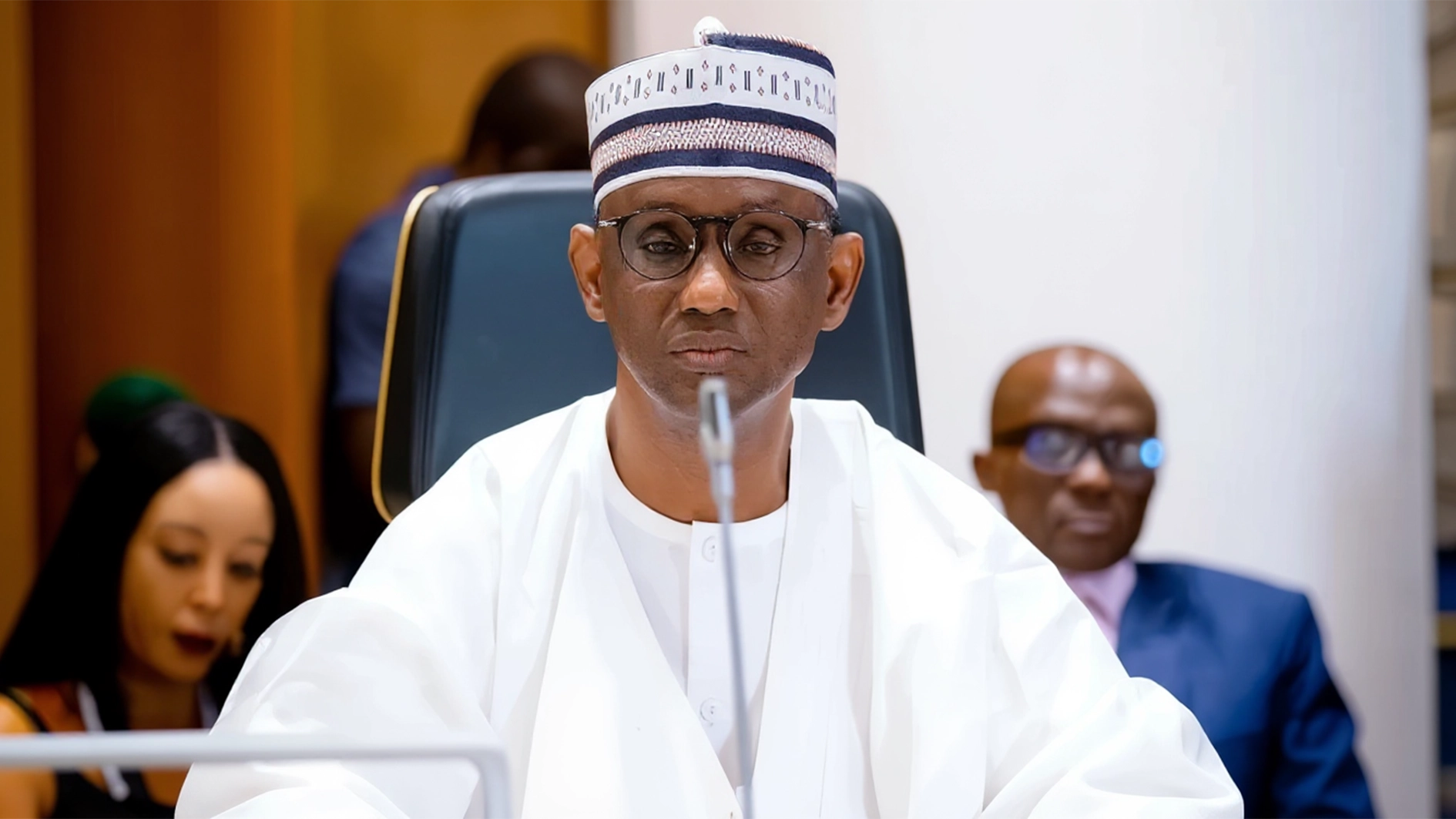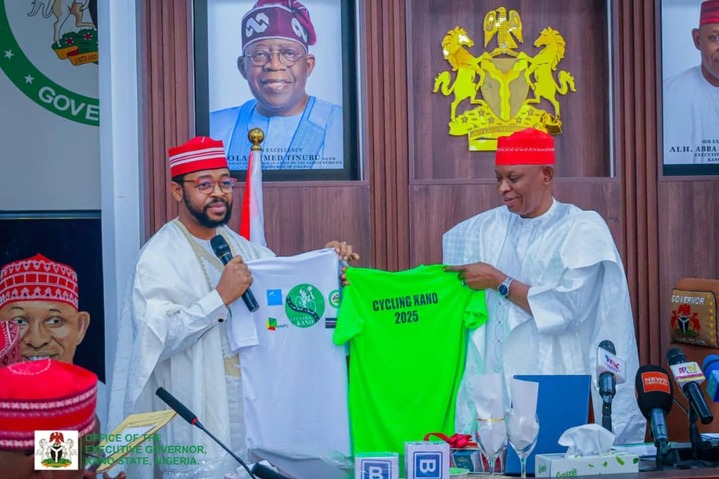Calls for vigilance amid national honours
Nobel Laureate, Prof. Wole Soyinka, has cautioned against any attempt to trivialise or distort the deep significance and sacrifices of the June 12 pro-democracy struggle.
Soyinka, while speaking at a “June 12: Romancing the Embers” fireside chat in Lagos, underscored the enduring need for vigilance, as he reflected on this year’s national honours.
He described the national honours as a “thematic honours list” that aligned with the spirit of the pivotal movement, dedicating his own award to the memory of the late human rights icon, Beko Ransome-Kuti.
In a blunt condemnation, Soyinka also cast a sharp spotlight on the recent forced evictions in Lagos’ Ilaje and Otumara communities, maintaining firmly that any development achieved at the cost of human dignity is an affront to democratic ideals.
He drew a clear parallel between the current demolitions and the well-known Maroko evictions of the past, emphasising that promises of resettlement have remained unfulfilled.
Their plight, he argued, represents a clear contradiction to the principles of justice and equity that should underpin national progress. Soyinka said that he had forwarded the affected communities’ petitions to Nigeria’s newly appointed Ombudsman, declaring the case a key “litmus test” for the institution’s credibility and its capacity to deliver justice for ordinary citizens.
The Nobel Laureate, while reflecting further on the June 12 national honours, found merit in the new approach, noting: “For the first time perhaps in this country, we have what I call a thematic honours’ list. I find nothing wrong with that, each time we look at the list, we can at least identify the canopy under which it was compiled – creative, political, scientific, or otherwise.” He further suggested that this should become a tradition.
However, Soyinka warned against the subtle creep of historical revisionism and the trivialisation of the June 12 movement by political opportunists who played no authentic part in its sacrifices.
“June 12 did not begin on June 12, and it did not terminate on June 12. “If you didn’t take part in June 12, then leave it alone. But don’t invoke it for political gain or to settle scores,” he cautioned.
He said that those who trivialise June 12 for thwarted political ambitions are “the real enemies, the worst kind of enemies of democracy.” Soyinka expressed satisfaction that some instrumental figures were recognised on the honours’ list but cautioned against viewing them as mere celebrities. Instead, he urged Nigerians to see them as “mere representatives of a vast movement” that encompassed all sectors of Nigerian life.
He, however, urged President Bola Tinubu to immediately launch a probe into the strange circumstances that led to the death of prominent Nigerians, including Dele Giwa, Kudirat Abiola, and Bola Ige. He posited that individuals within Nigeria and abroad likely possess crucial clues to these unresolved killings, emphasising the need for closure.
The Nobel Laureate also revealed why he would dedicate his own honours to the memory of the late Beko Ransome-Kuti, whom he described as a dedicated defender of human rights, champion of good governance, and an unwavering campaigner for democracy, who endured multiple detentions and imprisonments under military regimes.






